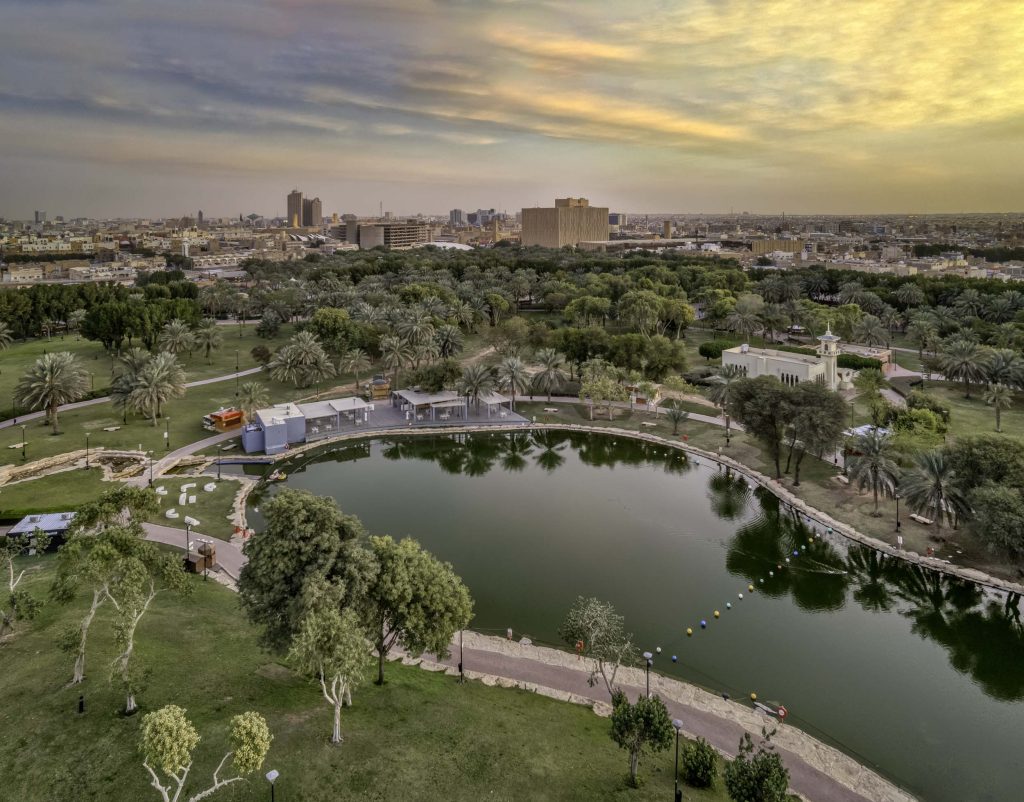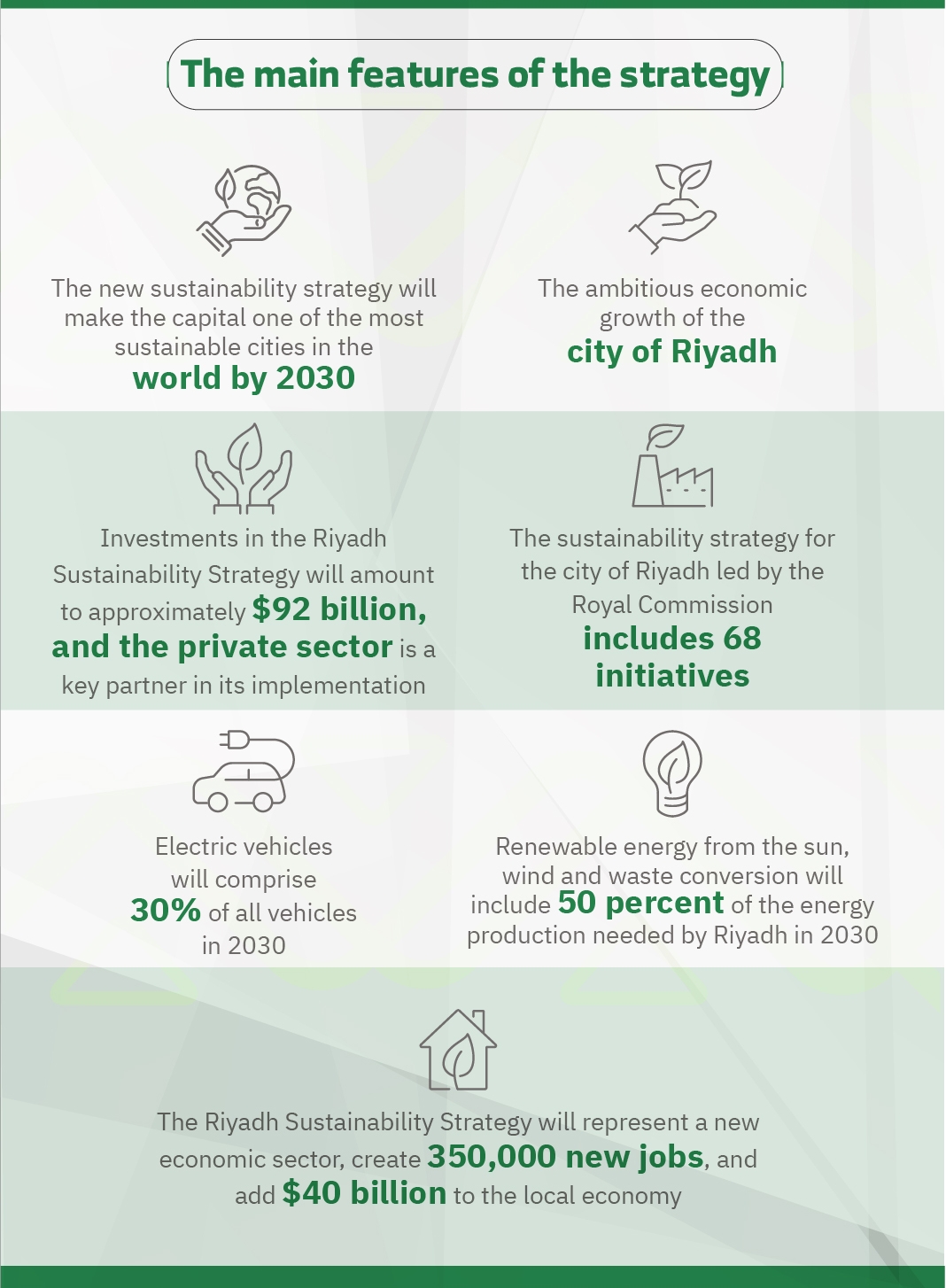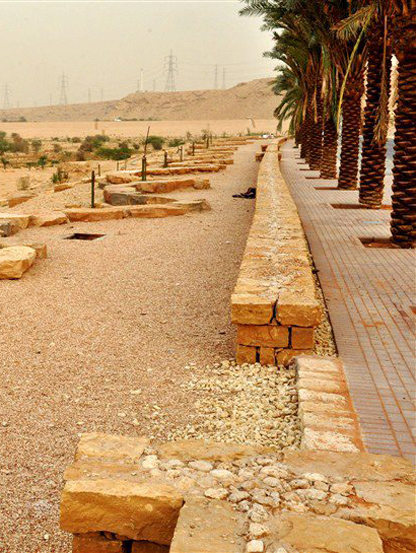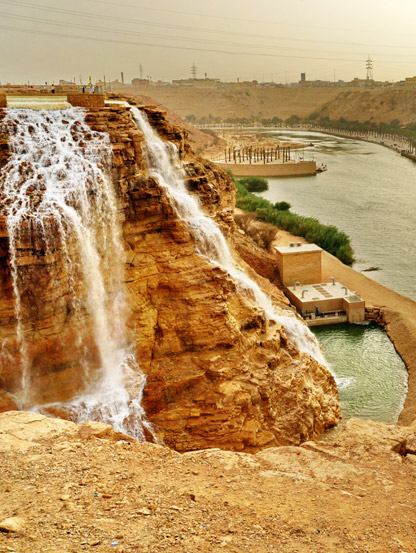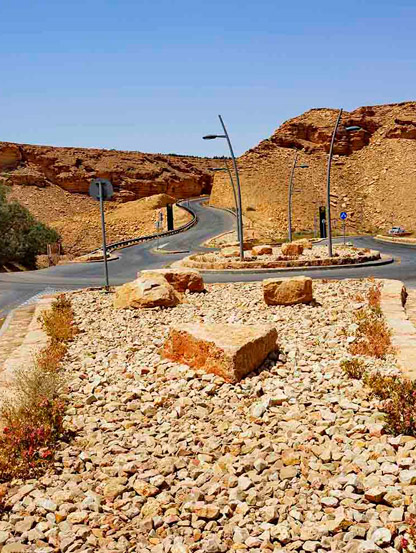HOME / PROGRAMS AND PROJECTS
Riyadh Sustainability Strategy
HRH Prince Mohammed bin Salman bin Abdulaziz Al Saud, Crown Prince, Prime Minister, and Chairman of the Board of Directors of the Royal Commission for Riyadh City, launched the Riyadh Sustainability Strategy on the sidelines of the Saudi Green Initiative Forum 2021 with the aim of transforming Riyadh into one of the most sustainable cities worldwide.
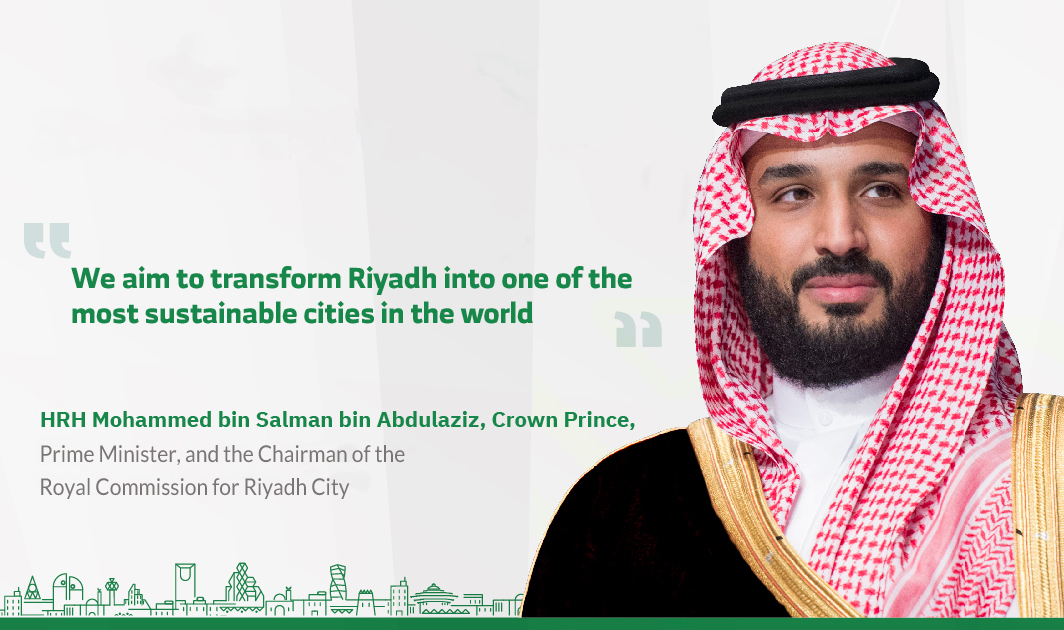
Strategic Axes:
Riyadh Sustainability Strategy includes more than 68 ambitious initiatives to achieve the highest sustainability standards in five key themes:
- Energy and climate change
- Air Quality
- Water Management
- Waste management
- Biodiversity and natural areas
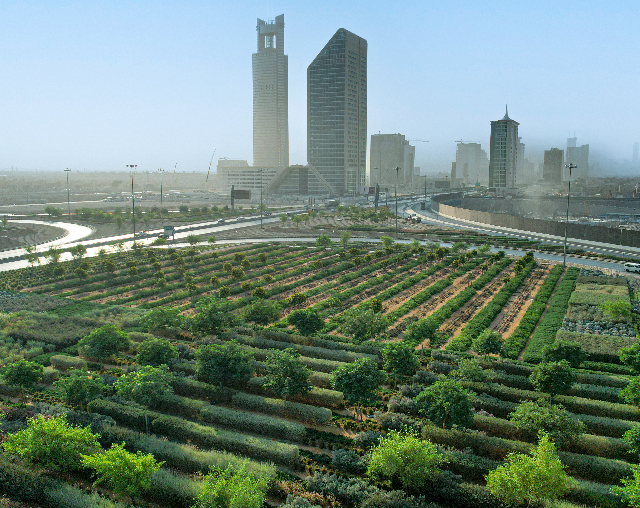
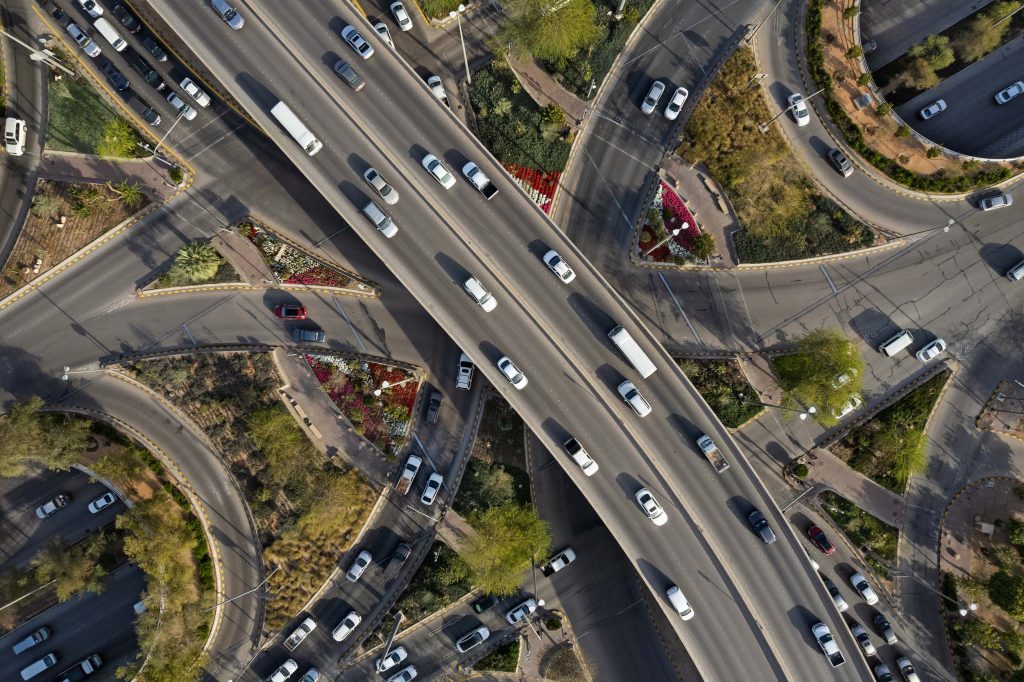
Ambitious Objectives:
Riyadh Sustainability Strategy aims to inject SAR 346 billion into the city’s sustainability initiatives and projects and stimulate the private sector with qualitative investment opportunities. The main objectives of the strategy are:
- Reduce carbon emissions in Riyadh by 50%.
- Decrease the temperature in the city by 1.5 – 2 °C.
- Raise the proportion of electric vehicles in the city to 30% of the total vehicles.
- Reduce water consumption by 57%.
- Raise the rate of treated water from 11% to 100% and using each drop of it for irrigation and greening the capital.
- Recycle waste into raw materials and convert it to energy by 94%.
- Increase energy production from renewable sources by 50%.
Positive Outcomes:
The Riyadh Sustainability Strategy will contribute to the achievement of positive outcomes in Riyadh, including:
- Improve the quality of life to transform Riyadh into one of the world’s best livable cities.
- Increase natural and protected areas within the city and its outer surroundings by more than 150% compared to the city’s urban area.
- Saving SAR 40 to 65 billion by increasing infrastructure efficiency, reducing energy and water consumption, and reducing the bill for health impacts due to improved public health.
- Increase the contribution to the GDP from sustainability initiatives by 5%, equivalent to SAR 125 – 150 billion.
- Create sustainable job opportunities at a rate of 300k – 350k jobs.
